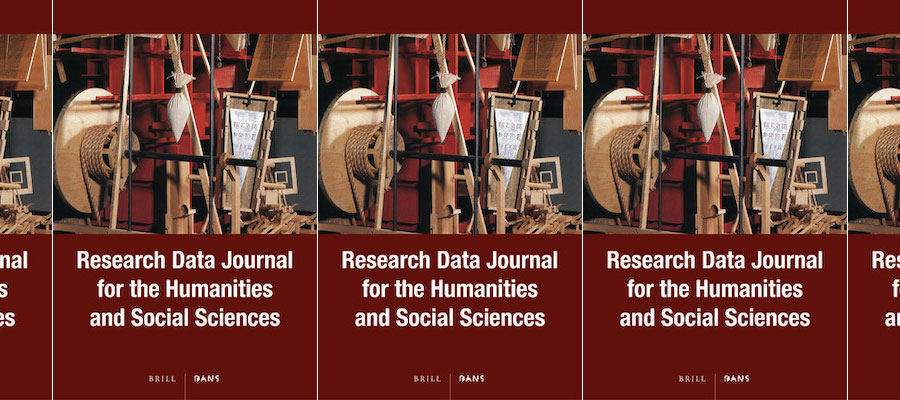Wido van Peursen and Geert Jan Veldman. "Linking Syriac Liturgies: Digitizing Card Collections and Handwritten Notes from the Archives of the Peshitta Institute." Research Data Journal for the Humanities and Social Sciences (October 2020): 1–19.
The Peshitta is the Syriac translation of the Bible from the second century AD. It had an enormous cultural and literary impact in the Middle East, no less than the role that, for example, the Latin Vulgate played in large parts of (Western) Europe. Up to the present, the Peshitta plays a crucial role in the various Syriac Christian communities in the Middle East and the Syriac Diaspora. A valuable resource for Peshitta studies is the collection of handwritten notes on cards and binders from the first decades of the Peshitta Project (started 1959), which were digitized in the dans “Klein Data Project” (kdp) Linking Syriac Liturgies (2018–2019). The notes relate to a wealth of information about manuscripts, liturgical traditions and calendars and various Syriac Bible translations. The kdp has made this material accessible and allows for computational research into the complex interactions between textual and structured data included in this data set, in which more than 9,000 entries containing pericopes read in liturgy are indexed according to more than 70 categories.
